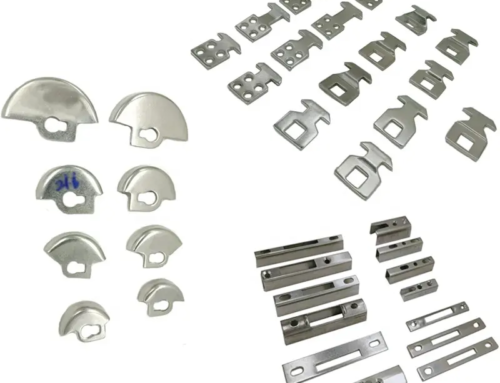Project Description
What Standard Types About The Fasteners Screws Have?

There are numerous standard types of fastener screws used in various applications. Here are some of the commonly recognized standards:
1. ISO metric screw threads: ISO metric screws follow a standardized thread profile and pitch. They are widely used globally and are designated by the thread diameter, pitch, and length. The most common types include M3, M4, M5, M6, M8, M10, and M12 screws.
2. Unified Thread Standard (UNC/UNF): The Unified Thread Standard is prevalent in the United States and is designated by a number indicating the screw size and threads per inch (TPI). For example, a 1/4-20 screw has a 1/4-inch diameter with 20 threads per inch.
3. British Standard Whitworth (BSW): The BSW standard is used in the United Kingdom and is designated by the thread diameter and threads per inch. For example, a 3/8 BSW screw has a 3/8-inch diameter with a specified number of threads per inch.
4. Machine Screw Threads (BA): The British Association screw thread standard is used for small screws, typically in precision instruments. BA screws are designated by a number indicating the diameter in thousandths of an inch.
5. Wood Screws: Wood screws have different standards depending on the application. Common standards include slotted flat-head screws, Phillips or cross-head screws, and torx or star-drive screws.
6. Self-Tapping Screws: Self-tapping screws are designed to create their threads as they are driven into a material. They come in various standards, including those designed for metal, wood, and plastic applications.
7. Sheet Metal Screws: Sheet metal screws are used for joining thin metal sheets or attaching metal to other materials. They come in different types, including pan head, flat head, and hex head screws.
These are just a few examples of the various screw standards available. Each standard defines the thread profile, size, and other specifications to ensure compatibility and interchangeability. It’s important to consult the specific standard or consult with a supplier to determine the appropriate screw type for your specific application.
